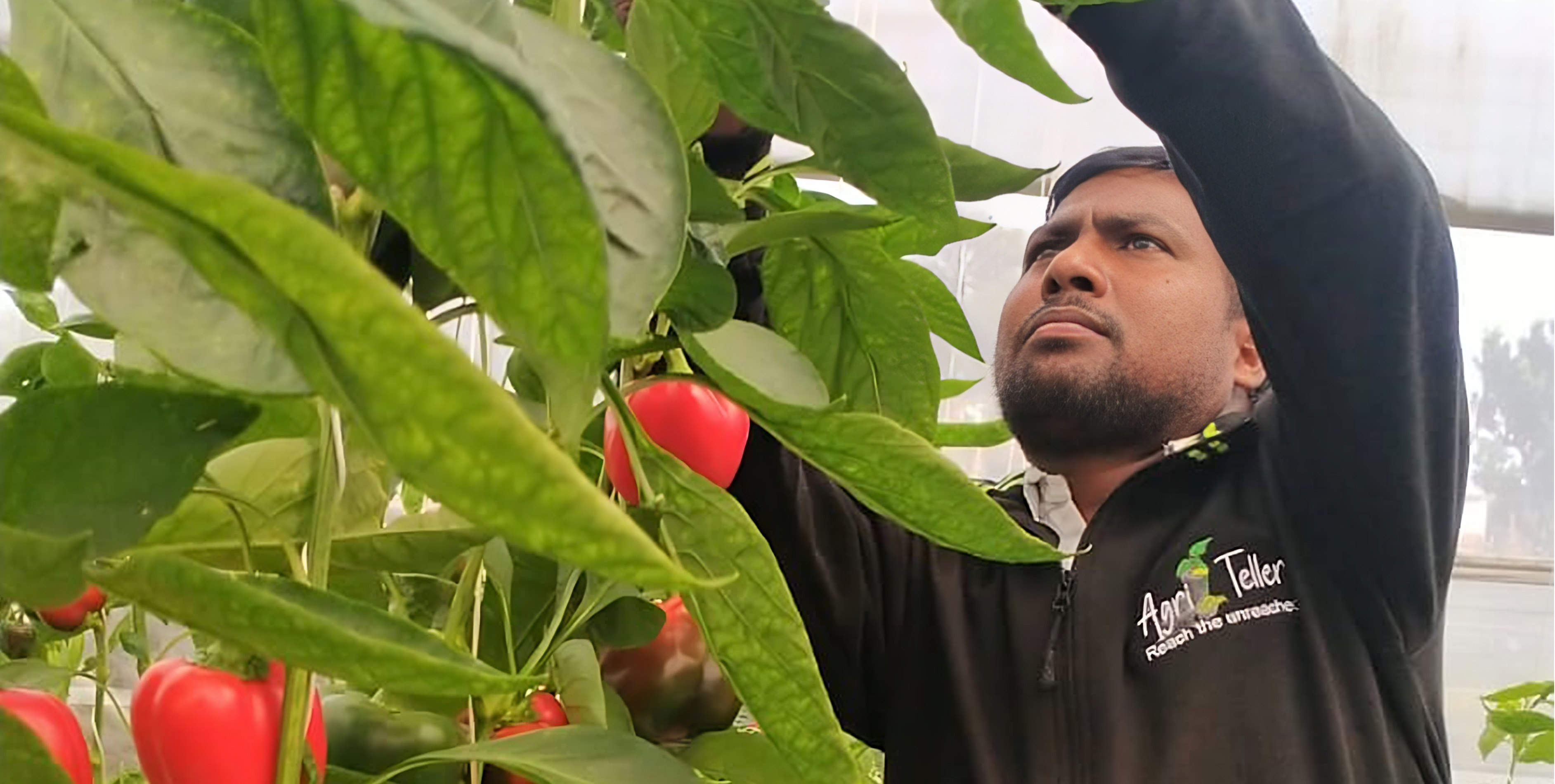
Hydroponics farming, a soil-less cultivation method using nutrient-rich water, has gained significant attention and popularity in recent years. This innovative approach to agriculture offers numerous benefits that are revolutionizing the way we grow plants. By harnessing advanced technology and scientific principles, hydroponics is transforming traditional farming practices. In this article, we will explore the advantages of hydroponic farming and how it is shaping the future of agriculture.
- Water Conservation: One of the most significant benefits of hydroponics farming is its exceptional water efficiency. Compared to conventional soil-based farming, hydroponics uses up to 90% less water. The recirculating systems in hydroponics enable water to be reused, minimizing wastage. This aspect is especially crucial in regions facing water scarcity or drought conditions, where traditional agriculture can be challenging or unsustainable.
- Optimized Nutrient Delivery: In hydroponic systems, plants receive precisely balanced and readily available nutrients directly to their roots. This controlled nutrient delivery allows for optimized plant growth and accelerated development. Unlike traditional farming, where plants must extract nutrients from the soil, hydroponics ensures that plants have access to essential elements at all times, resulting in healthier plants and higher crop yields.
- Space Efficiency: Hydroponics farming maximizes space utilization by vertically stacking plants or employing compact systems. Vertical farming systems, such as vertical towers, enable growers to cultivate a large number of plants within a small footprint. This space-efficient approach is particularly valuable in urban areas with limited land availability. Hydroponic systems also eliminate the need for vast expanses of land, making it possible to grow crops in non-arable regions.
- Pest and Disease Control: Growing plants in a controlled environment like hydroponics minimizes the risk of pests, diseases, and weeds. By eliminating soil, which often harbors pests and pathogens, hydroponics reduces the reliance on pesticides and herbicides. This translates to healthier, pesticide-free produce and a reduced environmental impact. Furthermore, the controlled environment allows for early detection and targeted treatment of any issues that may arise, ensuring healthier and more resilient crops.
- Year-Round Production: Hydroponics enables year-round cultivation regardless of external factors such as climate or season. By providing optimal growing conditions, including temperature, light, and nutrient balance, hydroponic systems allow farmers to grow crops throughout the year. This consistent production not only ensures a continuous supply of fresh produce but also reduces reliance on imports and improves food security.
- Faster Growth and Higher Yields: Hydroponics farming accelerates plant growth due to the optimized growing conditions and consistent nutrient availability. Plants in hydroponic systems tend to grow up to 50% faster than those in traditional soil-based farming. Additionally, the controlled environment facilitates crop manipulation, such as adjusting light cycles or nutrient ratios, leading to increased yields and higher-quality produce.
- Environmental Sustainability: With its water efficiency, reduced reliance on pesticides, and elimination of soil erosion, hydroponics farming demonstrates a strong commitment to environmental sustainability. By minimizing water usage, preventing nutrient runoff, and reducing greenhouse gas emissions associated with transportation and chemical applications, hydroponics significantly reduces its environmental footprint.
Conclusion: Hydroponics farming offers numerous benefits that are reshaping the future of agriculture. From water conservation and space efficiency to enhanced nutrient delivery and year-round production, this innovative cultivation method presents a sustainable and efficient solution to many challenges faced by traditional farming. As the world’s population continues to grow and environmental pressures intensify, hydroponics emerges as a viable and promising approach to meet the increasing demand for food while preserving our precious resources.




